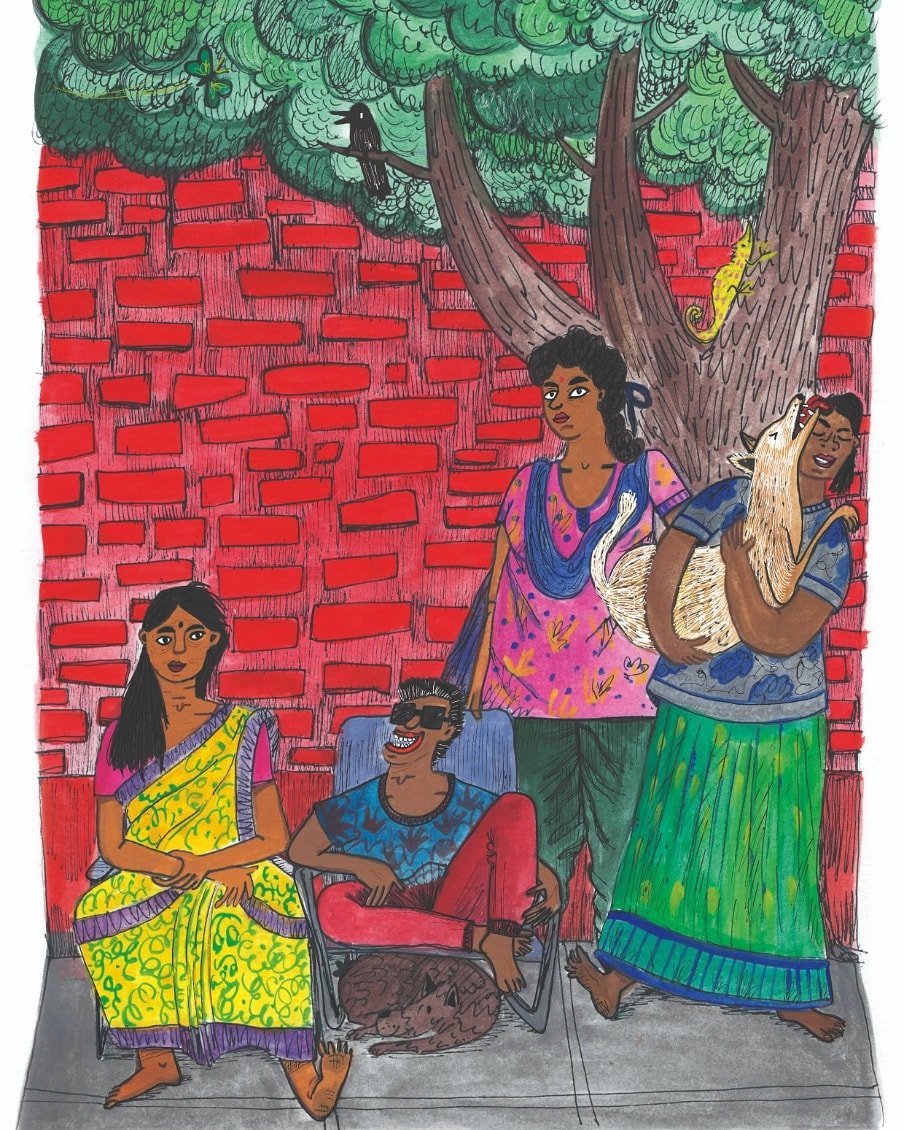
Read this article in @NewIndianXpress which highlights the recent listing of Home Again as a good practice innovation by @WHO, including quotes from #PallaviRohatgi, #VanithaRajesh of @banyanbalm & @DesirajuKeshav.
.
cutt.ly/3nG18LU
.
@MichelleFunk3
.
cutt.ly/3nG18LU
.
@MichelleFunk3

“A large number of homeless people with mental health issues admitted in institutions are unable to get out of these institutions due to factors like poverty and homelessness. To address this, we piloted the Home Again project in 2015,” said Pallavi Rohatgi, @banyanbalm.
The intervention has been implemented in neighbourhoods in Chennai, villages in Trichy and Kancheepuram districts of Tamil Nadu, Malappuram and Thrissur in Kerala, Ratnagiri in Maharashtra.
The Guidance is a set of documents that provide information and support to all stakeholders who wish to transform their mental health system and services to align with the international human rights standards including the UN Convention on the Rights of Persons with Disabilities.
Vanitha Rajesh, @banyanbalm, said, “Home Again offers people living with mental illness, the opportunity to live in rented, shared homes in the community with support delivered through personal assistants for health, economic transactions, work and leisure.”
One of the panel members at the @WHO 's conference, @DesirajuKeshav, former union health secretary said, “This model which @banyanbalm has tried and tested is being implemented in other areas too. Government of Tamil Nadu is partnering to implement this in several districts..."
"...In the context of the WHO Guidance, it will only work if government begins to understand it. A lot of examples given in the Guidance are of civil society organisations. We have to see similar work being done by government agencies."
• • •
Missing some Tweet in this thread? You can try to
force a refresh







